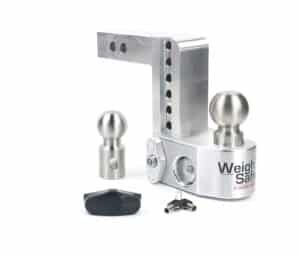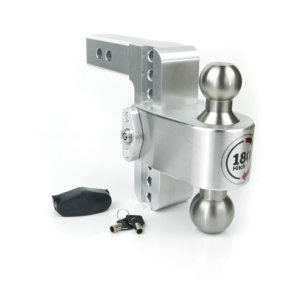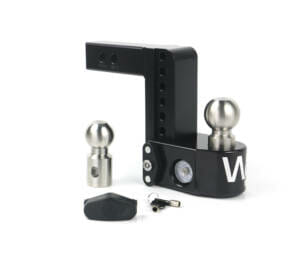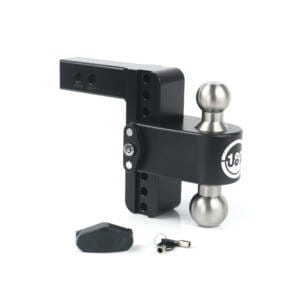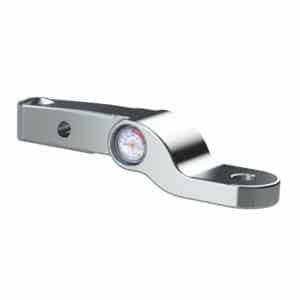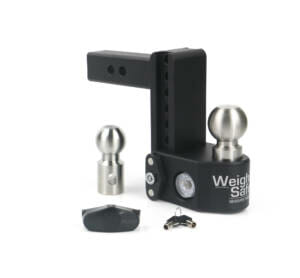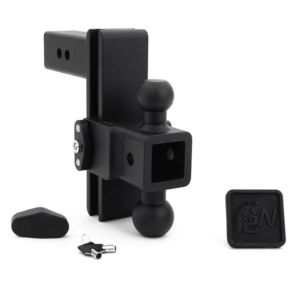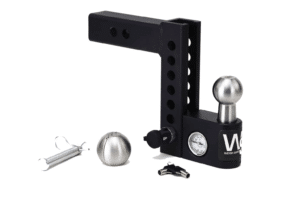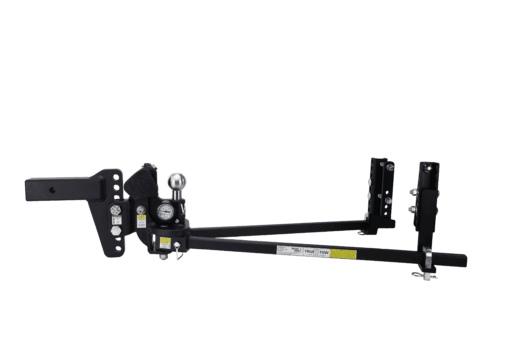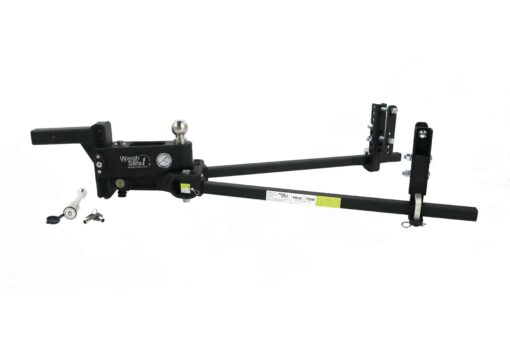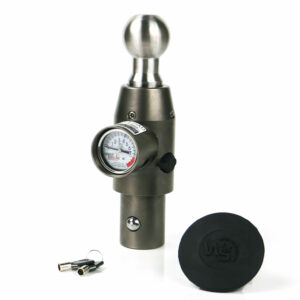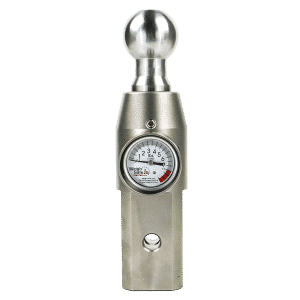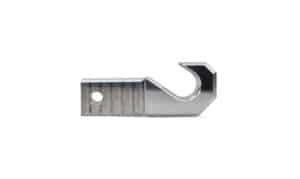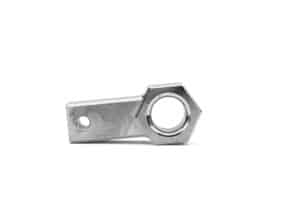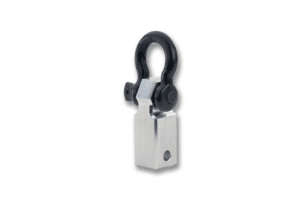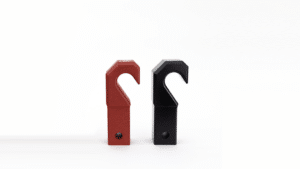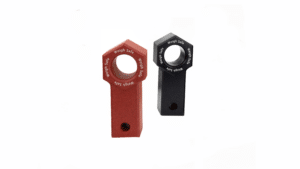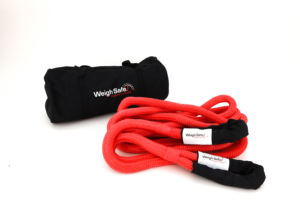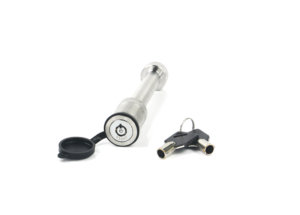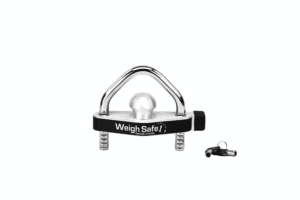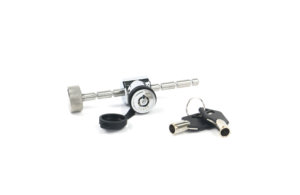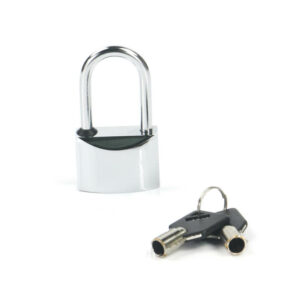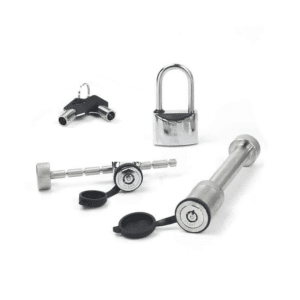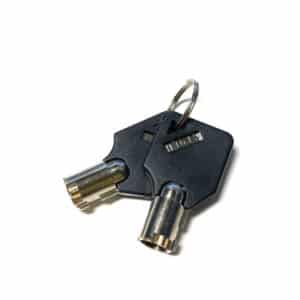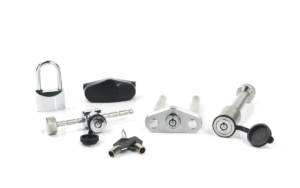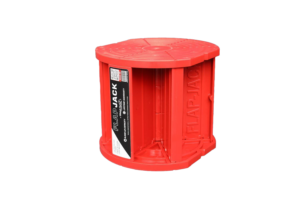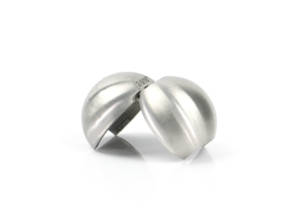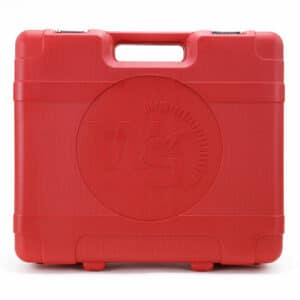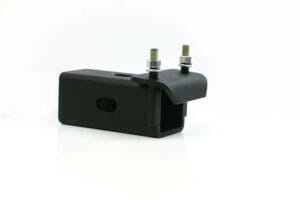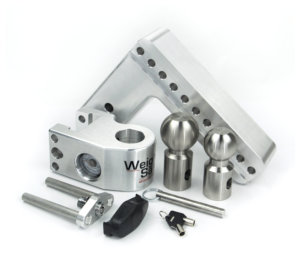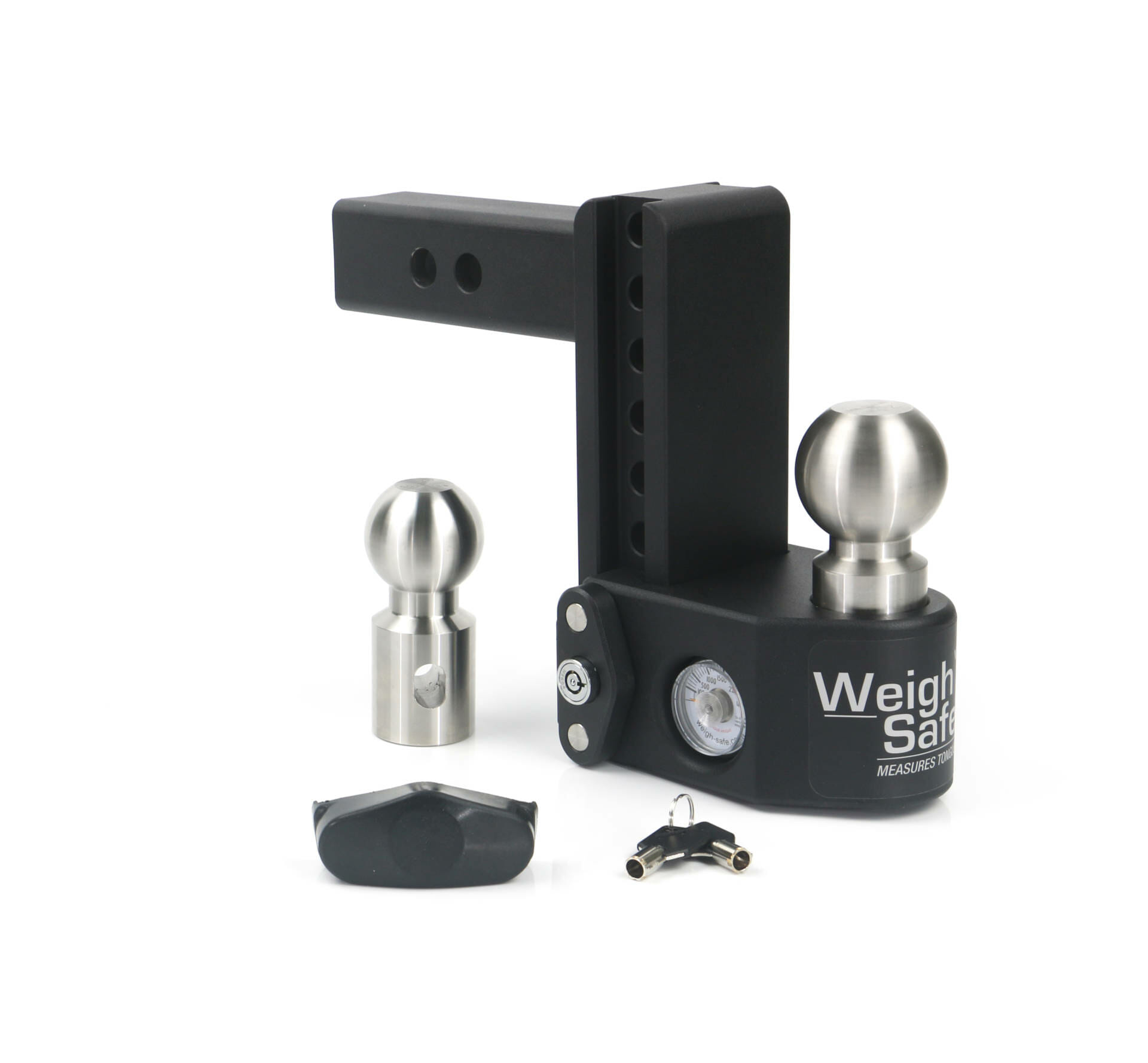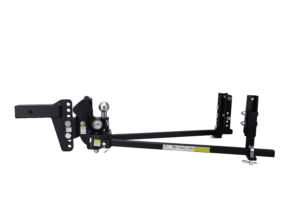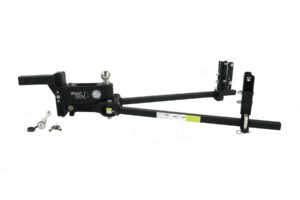Towing Safety
How To Set Up Your Trailer Brakes
Sometimes, people forget how important it is to properly set up your trailer brakes. Trailer brakes should be part of your pre-tow checklist as one of the most critical components to achieving safety on the road.
In our previous blog post, we discussed how, if applicable (some trailers do not have trailer brakes and therefore do not have a breakaway cable), you will need to check your trailer brakes to verify that they are connected properly and the breakaway cable is properly attached. The breakaway cable will need to be connected separately to the tow vehicle but not to the safety chains or ball mount.
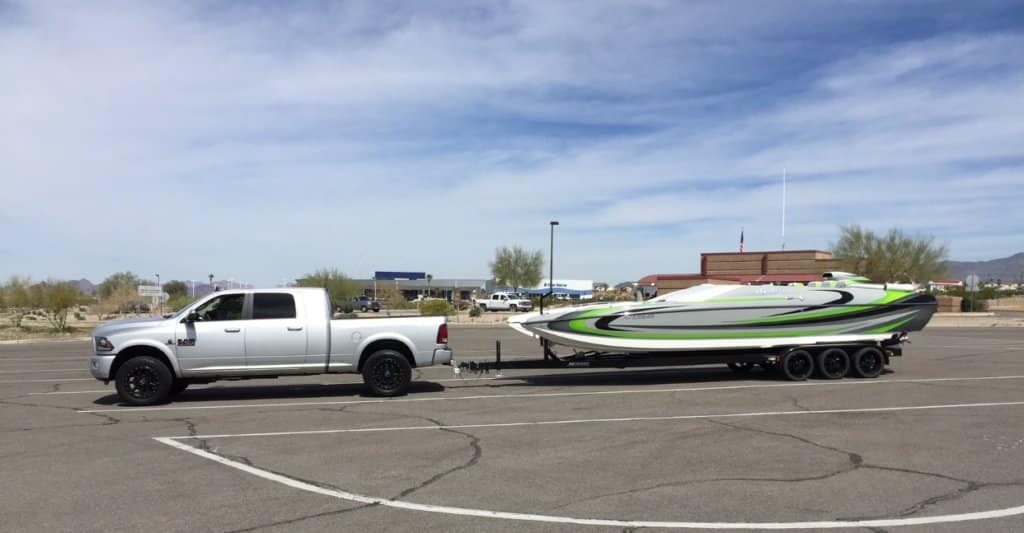 (Customer photo: Steve Platt)
The purpose of the breakaway cable is to attach the trailer brake system to your tow vehicle. If for some reason your trailer comes unhitched from your truck, this cable will pull the breakaway pin out from the trailer and engage the trailer brakes. This should slow the trailer down, eventually to a stop and help prevent it from becoming a bigger hazard on the road or even causing an accident.
Whether you have an electric or hydraulic trailer brake system, you will need to inspect the brakes prior to traveling to ensure they are functioning properly. If they are not functioning as they should, then you will be using solely your tow vehicle brakes to stop both the truck and trailer (a massive amount of weight) which could be a safety hazard as you might not be able to stop quickly enough.
(Customer photo: Steve Platt)
The purpose of the breakaway cable is to attach the trailer brake system to your tow vehicle. If for some reason your trailer comes unhitched from your truck, this cable will pull the breakaway pin out from the trailer and engage the trailer brakes. This should slow the trailer down, eventually to a stop and help prevent it from becoming a bigger hazard on the road or even causing an accident.
Whether you have an electric or hydraulic trailer brake system, you will need to inspect the brakes prior to traveling to ensure they are functioning properly. If they are not functioning as they should, then you will be using solely your tow vehicle brakes to stop both the truck and trailer (a massive amount of weight) which could be a safety hazard as you might not be able to stop quickly enough.
 (Customer photo: Steve Platt)
The purpose of the breakaway cable is to attach the trailer brake system to your tow vehicle. If for some reason your trailer comes unhitched from your truck, this cable will pull the breakaway pin out from the trailer and engage the trailer brakes. This should slow the trailer down, eventually to a stop and help prevent it from becoming a bigger hazard on the road or even causing an accident.
Whether you have an electric or hydraulic trailer brake system, you will need to inspect the brakes prior to traveling to ensure they are functioning properly. If they are not functioning as they should, then you will be using solely your tow vehicle brakes to stop both the truck and trailer (a massive amount of weight) which could be a safety hazard as you might not be able to stop quickly enough.
(Customer photo: Steve Platt)
The purpose of the breakaway cable is to attach the trailer brake system to your tow vehicle. If for some reason your trailer comes unhitched from your truck, this cable will pull the breakaway pin out from the trailer and engage the trailer brakes. This should slow the trailer down, eventually to a stop and help prevent it from becoming a bigger hazard on the road or even causing an accident.
Whether you have an electric or hydraulic trailer brake system, you will need to inspect the brakes prior to traveling to ensure they are functioning properly. If they are not functioning as they should, then you will be using solely your tow vehicle brakes to stop both the truck and trailer (a massive amount of weight) which could be a safety hazard as you might not be able to stop quickly enough.
